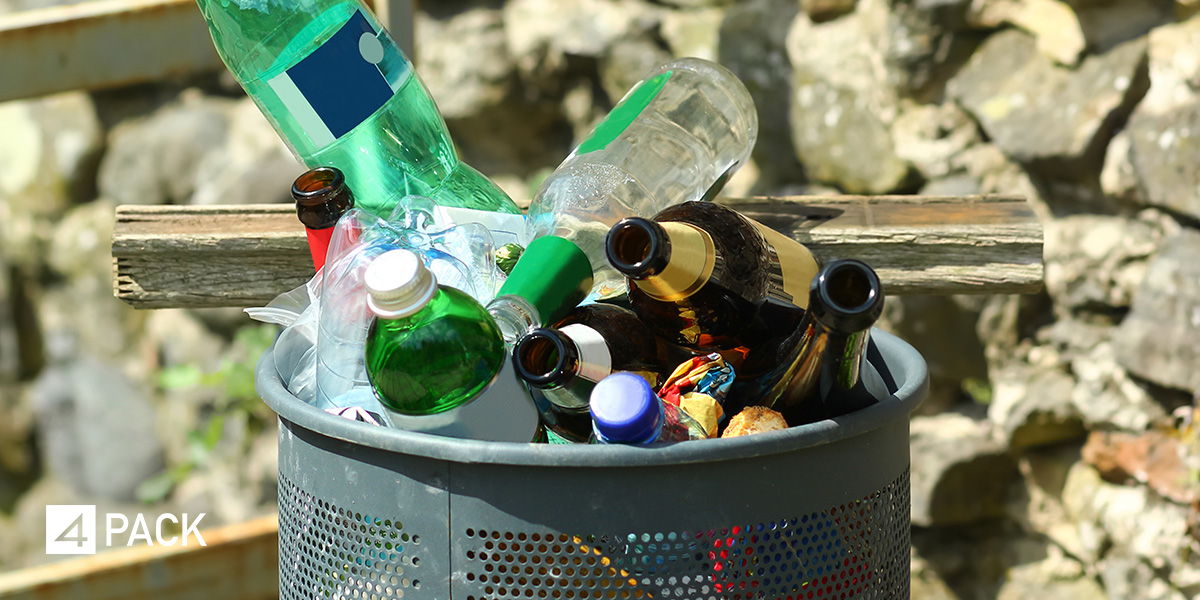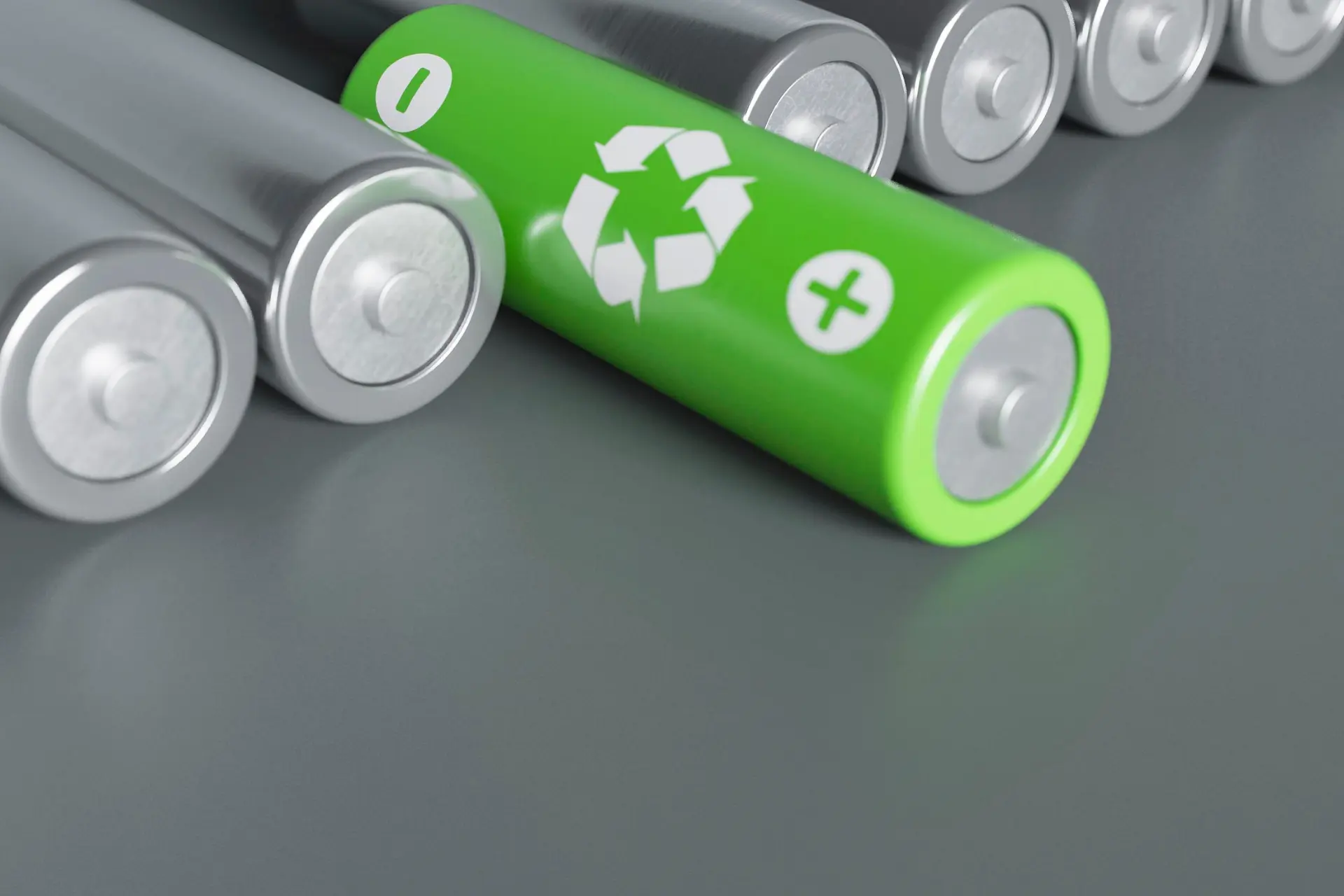Campaigners in Wales are increasingly frustrated, after seeing drinks waste containers and cans make up a whopping great 46% of street litter – just as Central Government has delayed any idea of a coordinated UK-wide Deposit Return Scheme.
They, just like Scottish Green Minister Laura Slater, are not happy to see the UK’s DRS plans slide.
The nation’s hopes for a swiftly-introduced Wales Deposit Return Scheme are now on hold.
An April 2024 DRS policy update by Government has only confirmed the delay, setting the implementation date firmly at October 2027.
Read our recent article on the sluggish introduction of a UK DRS
Whitehall slows Wales’ zero waste ambitions
In the past, Wales has been an enthusiastic participant in tackling pollution and improving sustainability, and was keen to establish a Wales Deposit Return Scheme of its own until Whitehall stepped in.
Through initiatives such as the Green Growth Pledge by Business Wales it has helped businesses take proactive steps.
Tackling waste has also been a focus, with the government actively encouraging Workplace recycling. All businesses in Wales must sort waste for recycling from this month. Climate Action Wales published a fresh code of conduct on the Separate Collection of Waste Materials for Recycling late last year.
Drinks waste makes up nearly half of all street litter in Wales
Keep Wales Tidy is urging ministers to hurry up with a DRS scheme that spans the UK. A Wales Deposit Return Scheme is needed more now than ever before, they argue. They cite the research in their All Wales Report for 2023-24. This provides the only consistent monitor for street litter data for the nation.
Based on a survey of 3,161 streets in Wales, research revealed that 43.6% of litter on the streets of Wales were empty drinks containers. Most were being aluminium cans.
Parks and beaches were not included in the survey which would have been seen significantly higher figures.
The group’s Chief Executive, Owen Derbyshire said: “The prevalence of drinks litter is beyond frustrating when the solution – a comprehensive DRS – is within our grasp.”
He added: “We’re urgently calling on governments across the UK to prevent further delays and proceed with rolling out the scheme.”
DRS in Wales will also mean many businesses will need to ensure they have a smooth process in place with new rules changing at any time.
Wales way ahead of wider UK on waste
The frustration of Welsh campaigners is quite understandable. The country has a reputation to maintain. It tackled domestic waste recycling with a vengeance – and now it wants to hold all businesses responsible too.
It’s record on the domestic side is impressive:
- In just over 20 years, Wales has gone from recycling less than 5%, to recycling over 65% of waste, ranking third in the world when it comes to household recycling.
- The country was the first UK nation to introduce a charge on carrier bags. It was one of few countries to introduce a weekly and separate collection for household food wastes.
Climate Change Minister, Julie James said: “Wales is the third best country in the world for recycling. But we know we can and need to go further in tackling the waste that affects our cities and towns and blights our countryside and reducing our emissions.”
The Welsh Government are also going beyond the ambitions of Westminster around plastic waste. It is gearing up to ban all polystyrene lids found in take away food containers and cups, oxo-degradable plastic products and carrier bags by 2026.
Wales wants to be a circular economy
The Welsh nation is truly passionate about protecting its environment. Its Government published its circular economy strategy ‘Beyond Recycling’ in 2021 after extensive consultation with Welsh businesses. This strategy has informed its response and collaboration around the UK-wide Extended Producer Responsibility scheme.
Julie James has commented on EPR. “It’s another step forward in moving Wales to a more circular economy where less waste is generated and resources are reused and recycled, rather than ending up in a landfill.”
She added: “Wales will play their part in improving our already world-leading recycling rate.”
The return and recycling of drinks waste containers via a Deposit Return Scheme plays directly into Wales’ intention to become Zero Waste Wales by 2025.
Wales is weighing in on DRS delays
Wales is actually playing some role in the delay of the UK’s DRS although it may argue that this is for good reason. The Welsh government has refused to drop glass from its DRS planning. Something drinks and retail industry campaigners successfully fought against in the now-defunct Scottish DRS scheme.
Disputes about the return practicalities and other arguments against glass were successful there. They challenged the view of glass supporters who cited its infinite recyclability and reusability. These also highlighted the lower carbon footprint for recycling compared to new glass production.
As at April 2024, the Government has confirmed that glass will not be included in the UK aligned DRS scheme
Some parties, such as the British Retail Consortium were somewhat glad of the delay. According to The Grocer, supermarket chiefs welcomed the admission that it was simply unrealistic to introduce an aligned DRS scheme in the short term.
Organisational implications of DRS delays
Producers of waste that may fall in the scope of a future UK-wide DRS scheme may feel they have some reprieve. Although many are already feeling the strain of incoming EPR responsibilities, they cannot shelve preparation for DRS.
Delayed or not, Deposit Return Schemes will be introduced in the UK in the next few years. Otherwise, there is real risk of the UK becoming regarded as ‘the dirty man of Europe’ as one influencer recently suggested.
In existing DRS markets, international brands are already managing their packaging, artwork and labelling requirements. But with every new DRS market, those become more complex.
With growing differences between geographies, the greater the need for aligned processes and centralised data and document management becomes.
Beverage producers and distributors must prepare for the practical implications of an aligned UK DRS scheme. They think locally at their peril.
Brands and businesses are facing an international regulatory environment that is changing inexorably and continually around packaging and sustainability.
They should seriously consider just how many incremental process changes are sensible. Can adapting piecemeal be efficient or effective?
It may be time they embraced the idea of making systemic process and information management changes that will enable them to create joined up packaging management processes that can fully flex around evolving and future packaging regulation.
This is the very change that 4Pack is supporting in several client organisations – if we can be of any help, please reach out.



